 The Taming of the Shrew
The Taming of the Shrew
Entry Category: Recreation - Starting with T
 The Taming of the Shrew
The Taming of the Shrew
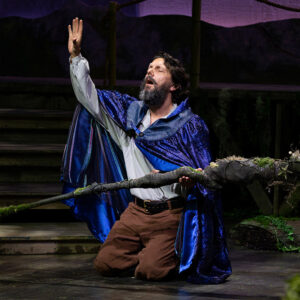 The Tempest
The Tempest
 The Tempest
The Tempest
 Tesla Coil at Mid-America Science Museum
Tesla Coil at Mid-America Science Museum
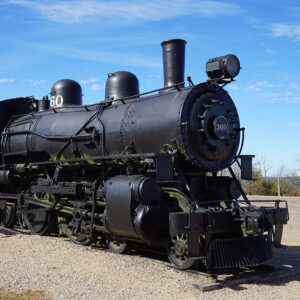 Texas, Oklahoma and Eastern Railroad Steam Locomotive #360
Texas, Oklahoma and Eastern Railroad Steam Locomotive #360
 Thomas and Bhatt
Thomas and Bhatt
 Pattie Thorn
Pattie Thorn
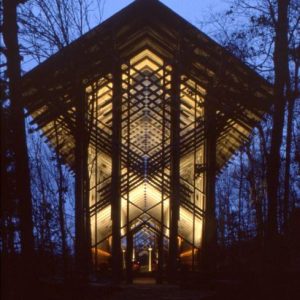 Thorncrown Chapel
Thorncrown Chapel
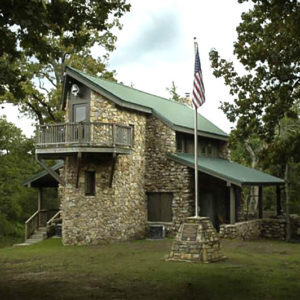 Thunderbird Lodge
Thunderbird Lodge
Timberfest
Times-N-Traditions Festival
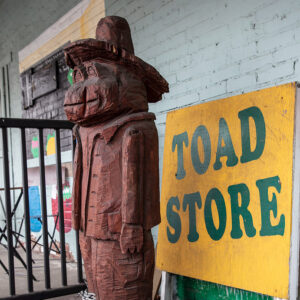 Toad Store
Toad Store
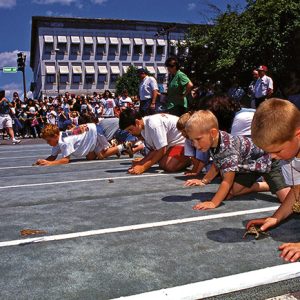 Toad Race
Toad Race
 Toad Suck Daze
Toad Suck Daze
 Toad Suck Daze Mural
Toad Suck Daze Mural
Toad Suck Daze
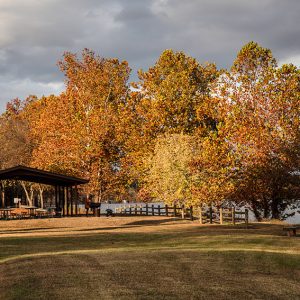 Toad Suck Park
Toad Suck Park
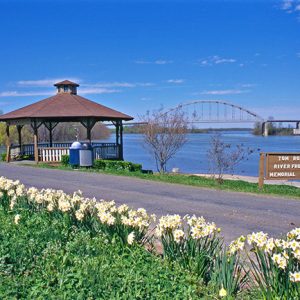 Tom Roe Park
Tom Roe Park
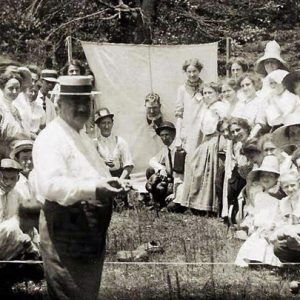 Tontitown Grape Festival
Tontitown Grape Festival
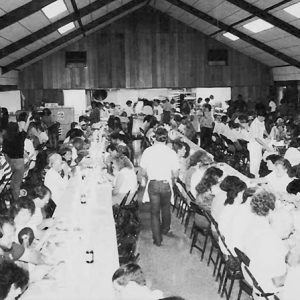 Tontitown Grape Festival Dinner
Tontitown Grape Festival Dinner
Tontitown Grape Festival
Tourism
Tourist Camps, Tourist Courts, and Early Motels
Trail of Tears National Historic Trail
Trumann Wild Duck Festival
Turkey Trot Festival
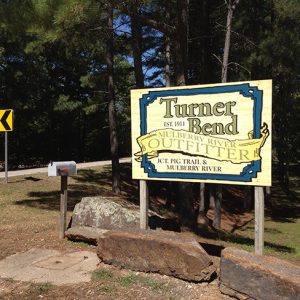 Turner Bend
Turner Bend
Turpentine Creek Wildlife Refuge
 Twelfth Night
Twelfth Night
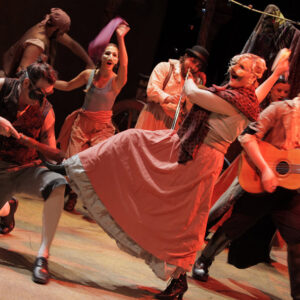 Twelfth Night
Twelfth Night
 Twelfth Night
Twelfth Night
 Two Rivers Park
Two Rivers Park




